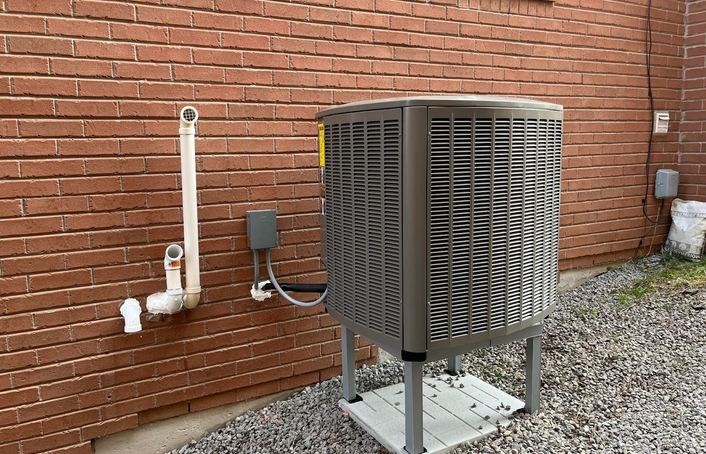Within the continuous battle against climate change, the adoption of green technology is paramount. Warmth pumping systems emerged like a frontrunner in connection with this, supplying an environmentally friendly remedy for heating and air conditioning that aligns with sustainability desired goals. Unlike traditional heating techniques that count on burning up fossil fuels, Heat pump (tepelné čerpadlo) utilize electric power to transfer heat from a location to yet another, drastically lowering garden greenhouse gas emissions and environmental impact.
One of the principal environmental benefits of heat pumping systems is based on their electricity performance. By harnessing alternative energy places such as the warmth within the oxygen, terrain, or normal water, temperature pumping systems can produce a number of devices of heating system or cooling for each and every system of electricity ingested. This performance results in lower energy intake and decreased reliance on non-renewable energy places, as a result mitigating the ecological impact linked to typical air conditioning methods.
In addition, temperature pumps play a role in reducing carbon dioxide pollutants, which can be a serious motorist of global warming. Through the use of electric power instead of eliminating fossil fuels straight, heating pumping systems generate much less garden greenhouse petrol emissions, making them a solution option for heating and air conditioning requires. This decline in pollutants not only helps overcome climate change and also enhances air quality and stimulates healthier conditions for communities.
An additional environmental benefit of heating pumping systems could be the likelihood of incorporation with sustainable energy sources like solar and breeze power. By coupling temperature pumping systems with renewable energy generation methods, it can be easy to further enhance their sustainability and lower reliance on the grid. This synergy between heating pumps and renewable energy systems paves the way to get a much more decentralized and resilient power structure, lowering the environment effect of heating and cooling methods.
In addition, heat pumps supply the main advantage of adaptability and scalability, causing them to be appropriate for a variety of programs, from non commercial houses to professional complexes and business establishments. Their adaptability to different climates and geographical spots assures that they may be deployed effectively in various options, more capitalizing on their enviromentally friendly benefits.
To sum up, heating pumping systems stand for an important move towards sustainable residing by providing an environmentally friendly choice for air conditioning. Through their energy efficiency, decreased co2 pollutants, and compatibility with alternative energy resources, heating pumping systems engage in an important role in mitigating climate change and endorsing a enviromentally friendly future for years ahead.
